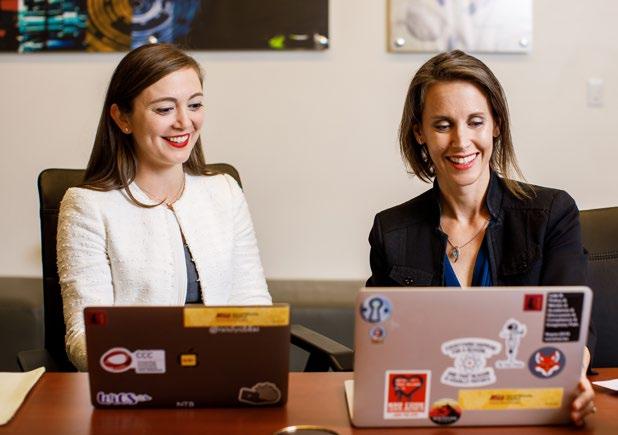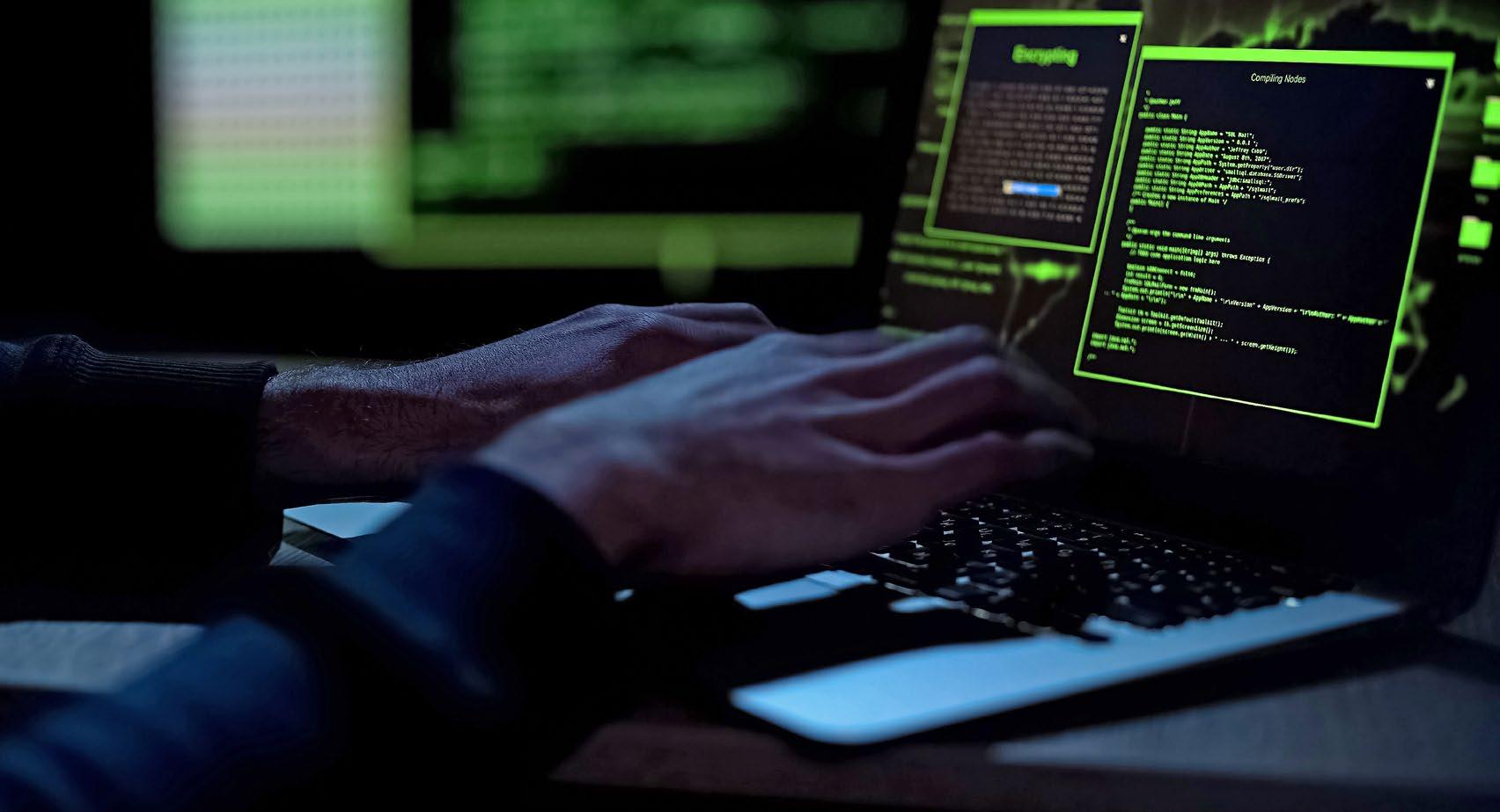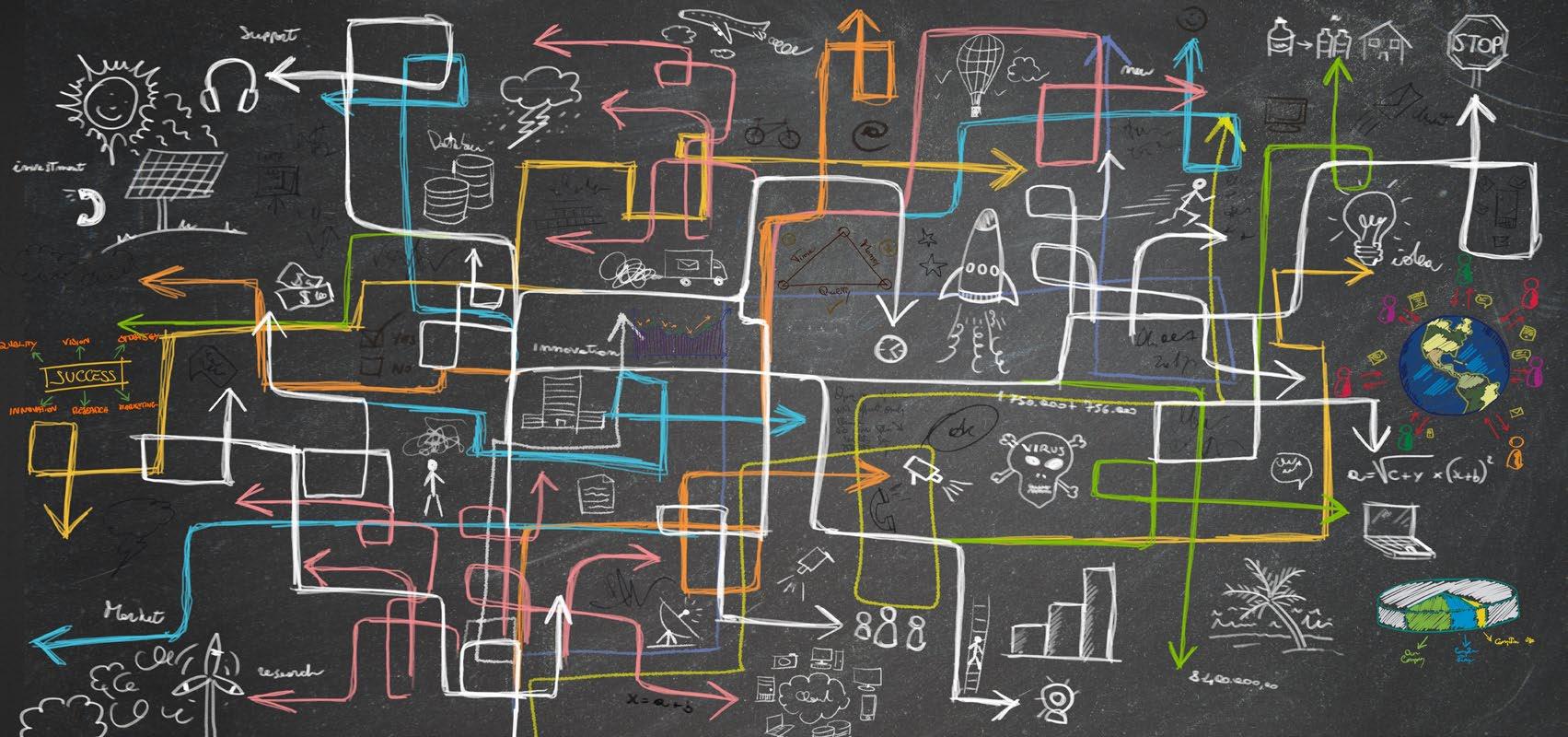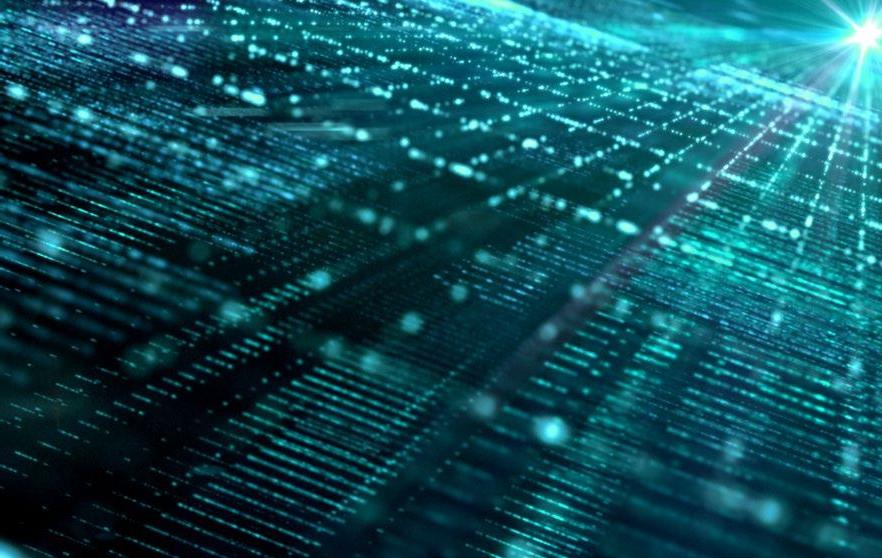Exceptional people. Impactful ideas. Powerful relationships. Letter from the executive director The year 2020 was full of challenges and hardships. More than ever, we saw a clear demonstration of the value of scientific research to society. It took less than a year after the start of a global pandemic that has taken millions of lives for a vaccine to be developed, a remarkable scientific accomplishment that offers the world some hope that the situation will improve in the near future. This is what can happen when resources and attention are focused on big challenges. And there are plenty of challenges. COVID-19 is still claiming thousands of lives each day, but we also need to be preparing for the next pandemic and developing better early-warning systems. Misinformation and disinformation — accelerated and amplified via social media platforms and the political environment — are wreaking havoc on the institutions critical to democracy and civil society and resulting in acts of physical violence. The SolarWinds hack demonstrated just how vulnerable our cyber networks are, and the attempt to poison a Florida town’s water supply by hacking into the water treatment system is a clear example of why we must significantly increase our efforts to protect critical infrastructure, both at the federal and local levels. These are all daunting issues, but there are reasons for optimism. Advances in scientific research are drastically improving our ability to anticipate, prepare for, respond to, and mitigate the negative consequences of these and other threats. This is what ASU’s Global Security Initiative does; we leverage the talent and resources of the most innovative university in the nation to drive responses to the world’s most complex security challenges. We do this by thinking beyond solely disciplinary responses and developing more holistic approaches centered on research, education and engagement with decision-makers and the broader public. Disinformation is a security challenge ripe for this approach, and GSI has been bringing an interdisciplinary group of experts together for years to understand how and why false information spreads, how to identify it early and how to slow its spread before it causes too much damage. These efforts have led to the recent launch of GSI’s Center on Narrative, Disinformation and Strategic Influence, which fuses social sciences and humanities with state-of-the-art computer science to develop tools to combat disinformation campaigns and better understand the information environment. If you would like to learn more about the new center or any of GSI’s other efforts in research, education and engagement, please contact us at gsi@asu.edu.
Sincerely,
Nadya T. Bliss, PhD executive director, Global Security Initiative
4










